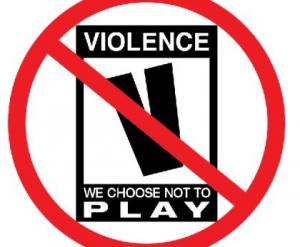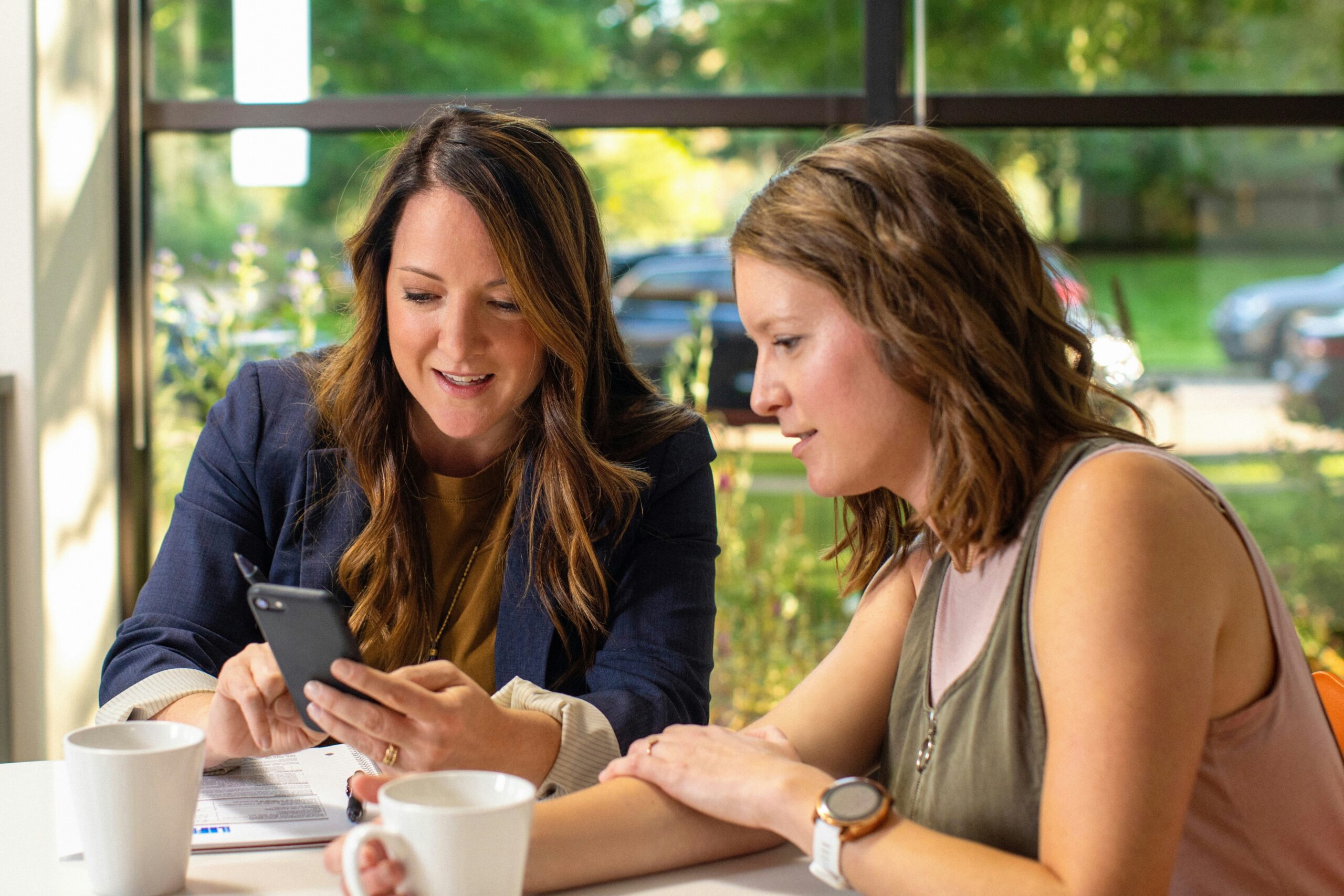Violent Reaction
We seem to love violence in our culture. We entertain with it. We advertise with it on the news. We act almost as if violence is desirable—but of course it isn’t. We play video games that teach us how to improve our killing skills. In a digital world clamoring to obtain our moment of focused attention, it seems that only the extreme rises to the top of our consciousness. What of the fact that Americans seem to have a love/hate affair with violence? After all, our country was founded on violent political overthrow and our constitution (as we are hearing all too often these days) guarantees the right for all of us to bear arms. It’s downright American to be a little violent…so it seems.
Violence as Part of Who We Are
There are undoubtedly primitive psychobiological and genetic roots to our attraction to violence. Violence and survival are most certainly linked in our brief rise to modern civilization. What must be asked now is whether we have outgrown our animalistic affinity and attraction to the aggressive part of our humanity. But more recently, violence has been become socially normalized. It has become acceptable, and even commonplace. We have so habituated to such high levels of violence that the abnormal seems normal and we have continued to rationalize and justify what we do in helpless complacence. This attraction, combined with social acceptance, is the anatomy of a cultural ethic of violence.
We, as a civilized and socially evolving culture, can no longer afford to embrace what might be easy, attractive, and what even feels natural. After recent events in Newtown, CT the cost has become too great. It seems we have finally (and it’s about time) torn the collective fabric of our nation’s tolerance to violence and the tear is too large not to notice any more.
A Game that is Not Playful
Violent video games are just another expression of the level of acceptability of violence in our culture. The games celebrate, promote, and teach us how to become even more effective in our consumption and execution of killing and maiming. There is something wrong with a culture that permits and financially rewards the realistic depiction of the universal taboo of taking another human life. Although violence is in part, hard-wired into all of us, we need to remember that that this attraction and proclivity is just the beginning and that we can and must rise beyond our animalistic biology.
The Evolution of Change
Living in a violent culture is not the way it has to be. The change starts small and grows. It starts with not accepting violence in our schools, in our marriages and relationships, in the workplace, and in our entertainment. And when there is violence in verbal or physical form, swift action must be taken to understand and treat the psychology of such rage and to provide opportunities and avenues for healing. Mental health care is not a luxury. It’s a necessity when our culture churns out the amount of violence it does thereby creating a great need for social and personal healing.
Violence is an unfortunate part of many people’s lives around the world. Some people simply do not have the option to choose. We in this country do have the opportunity to choose. For the most part, we are not afraid for our lives on a daily basis, but we are gradually are losing this luxury. Our culture has gone on to fan the flame of rage and aggression to the explosive levels such as those seen in the recent Newtown events. We have to react not to fear and anger but to conscious thought and awareness of ourselves and how we relate and react in our daily lives. We need to be expansive and thoughtful in our self-knowledge as well as in our tolerance for others. We also need to learn to manage our emotions, stop living from fear, and practice empathy and compassion on a daily basis. Mostly we need to look deeply inside ourselves and to remember we not really separate from one another as such events remind us. Indeed, how we treat others ultimately becomes how we are all treated.




